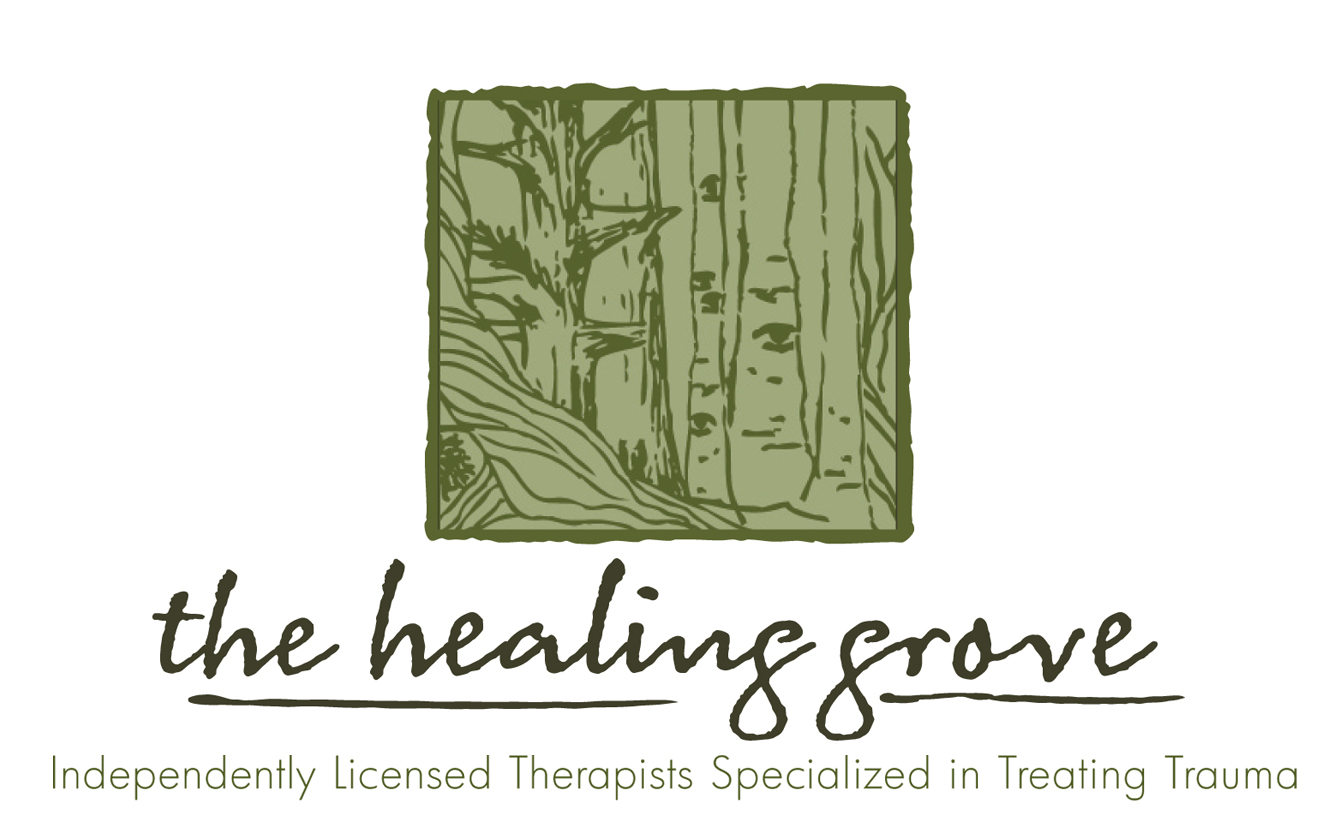Don’t Miss the Signs of Depression and Anxiety
Depression and anxiety are some of the most common mental health issues that inspire people to seek out help. It is not atypical for people to have one or the other from time to time. Sometimes one can have depression or anxiety without the other, sometimes it can be combined. Deciding when to get help is dependent upon how discomforting and/or persistent the symptoms may be.
Symptoms of Depression
Emotional/Psychological
- apathy or no longer finding joy in activities or hobbies
- pervasive feelings of sadness or emptiness
- feeling hopeless
- anger, irritability, or restlessness
- experiencing feelings of worthlessness or helplessness
- suicidal ideation (thinking about suicide)
- suicide attempts
Physical
- chronic fatigue or lack of energy
- problems with memory, difficulty concentrating, or making decisions
- unexplained pain, aches, cramps, or gastrointestinal problems
- fluctuations in appetite or weight
- sleep disturbance/insomnia
Symptoms of Anxiety
Emotional/Psychological
- restlessness, irritability, or feeling on edge
- difficulty controlling worry or fear
- dread
- panic
Physical
- feeling fatigued
- memory issues or difficulty concentrating
- muscle tension
- racing heart
- grinding teeth
- sleep disturbance/insomnia
Treatment for Depression and Anxiety
Making the decision to see a professional therapist about Depression or Anxiety can be daunting. Many people question whether their symptoms qualify for treatment or if it will even help. The only way to quantify someone’s pain is subjective. Is it getting in the way of you being able to live the life you want? Is it preventing you from having loving, trusting and committed relationships? Is it interfering with your job? Your health?
Finding the right therapist to partner with you in your recovery can be key in finding freedom from these symptoms. We team with our clients utilizing a humanistic approach enlisting Cognitive Behavior Therapy (CBT) strategies, Eye Movement Desensitization and Reprocessing (EMDR) therapy, Attachment Theory, and various Developmental Theories to assist you in finding relief from your symptoms and new strategies to incorporate into your life moving forward.
